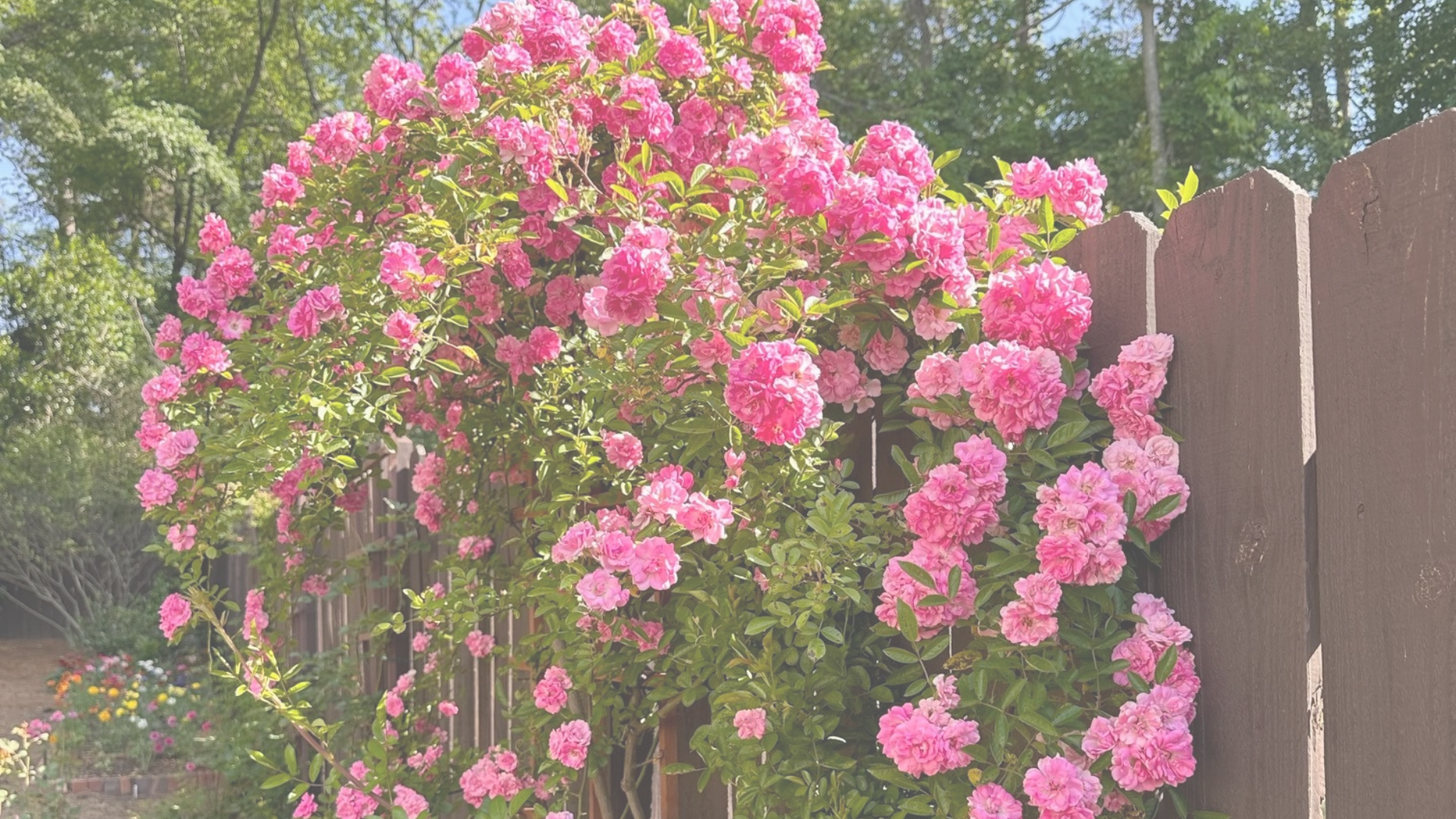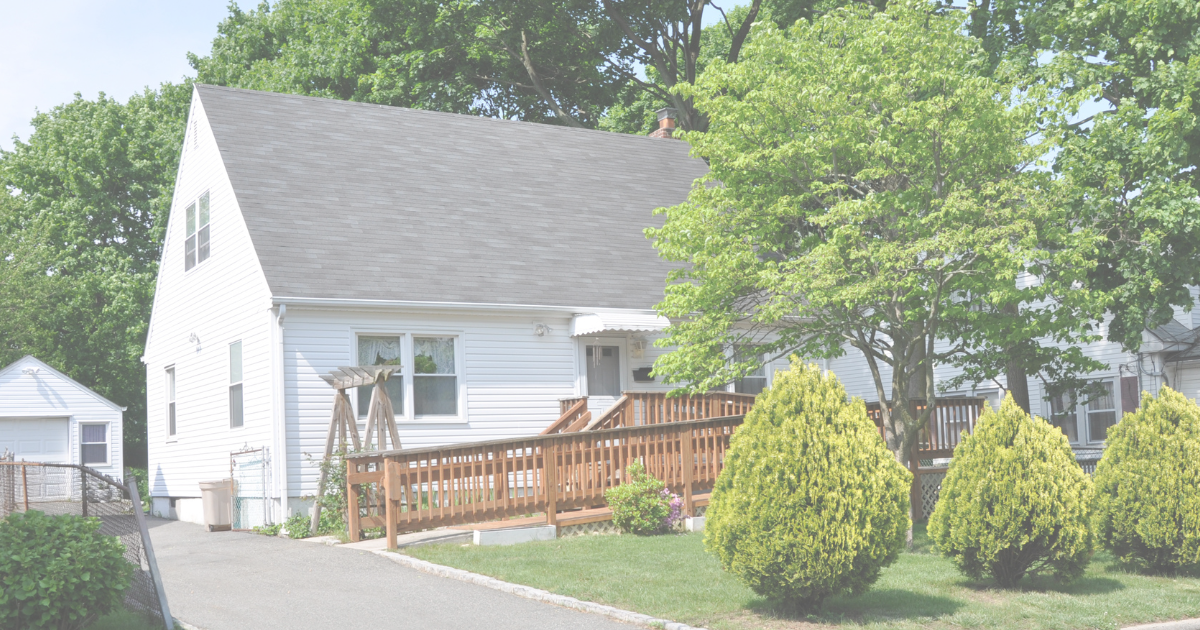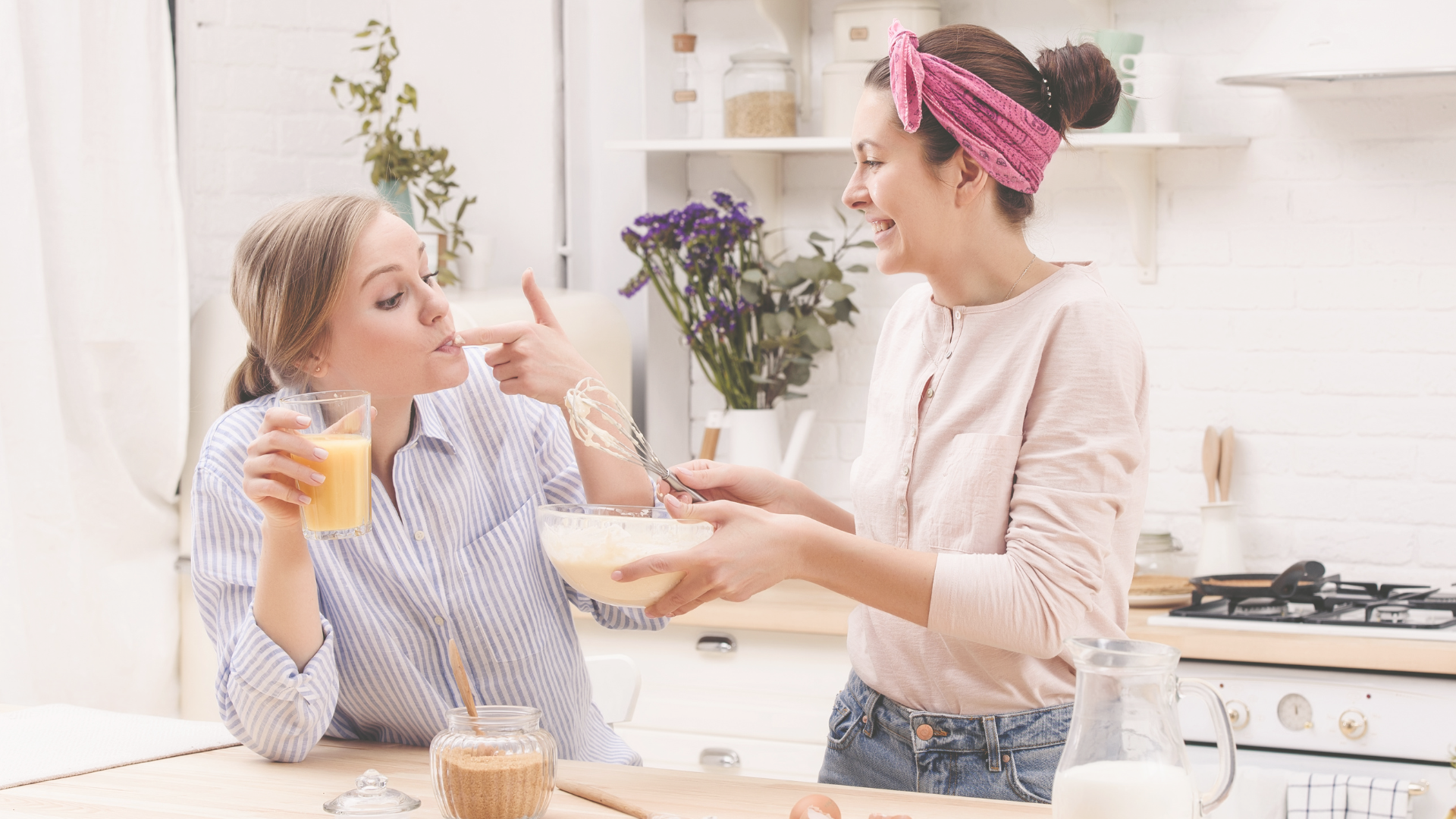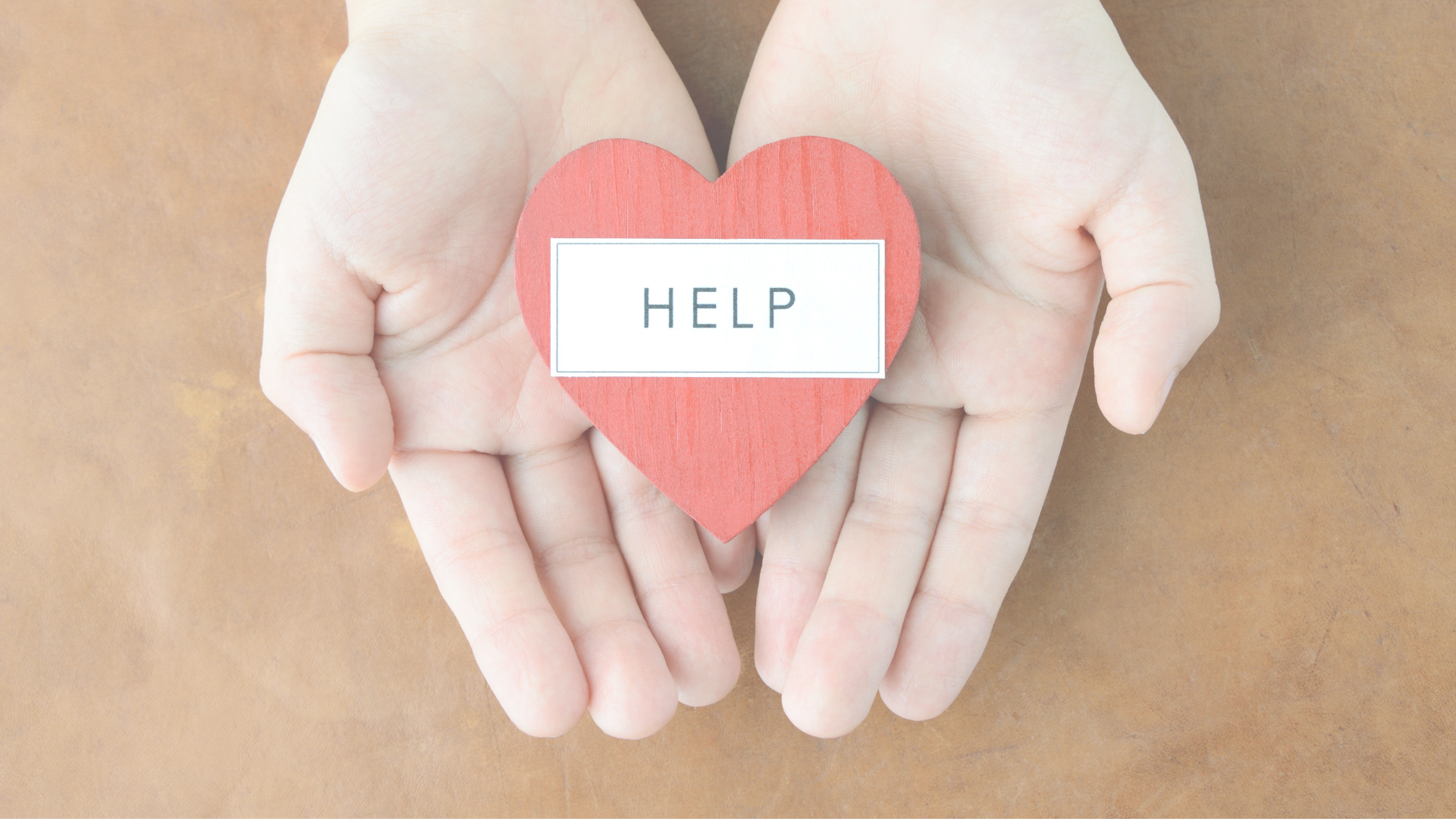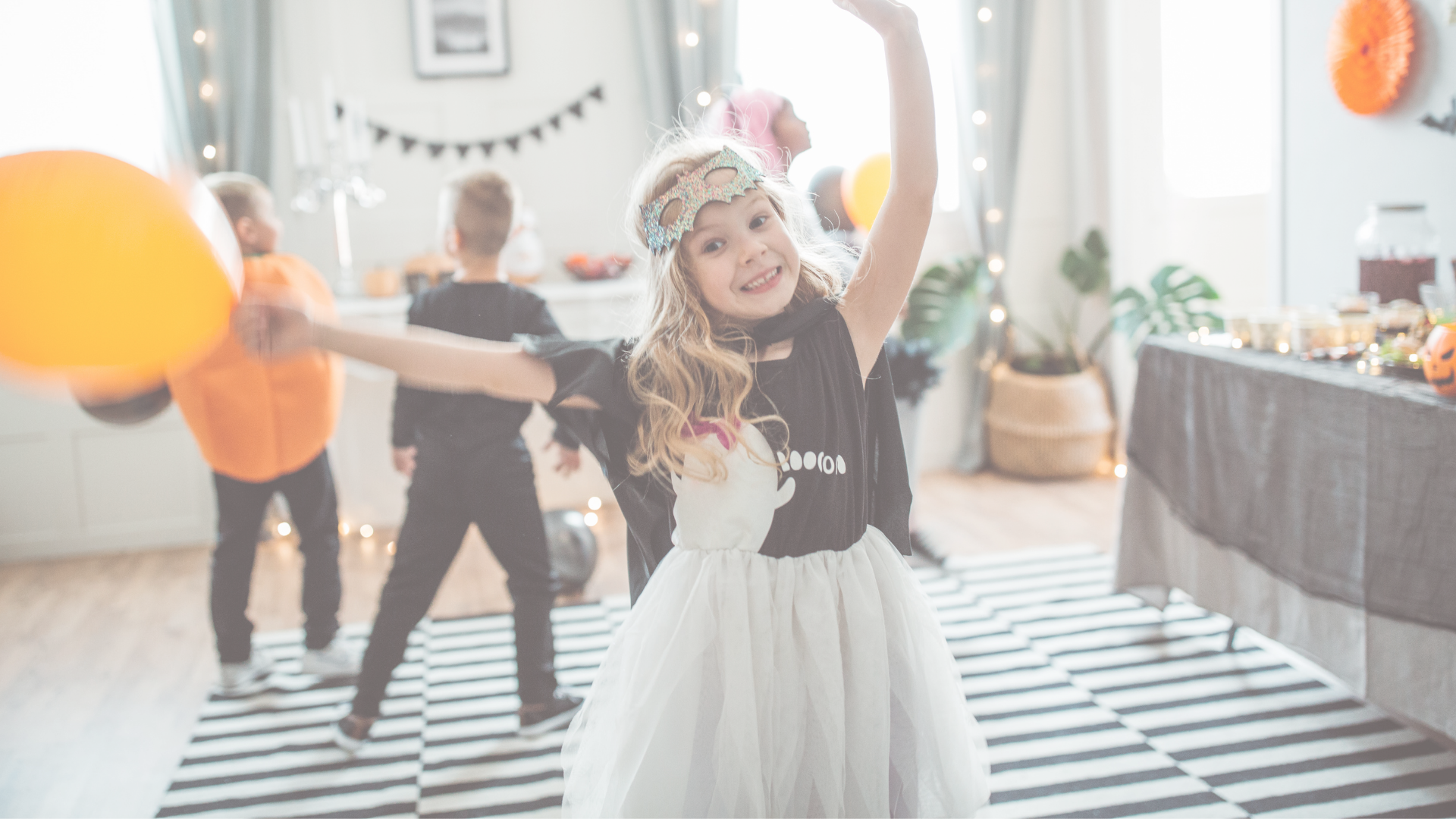How Young Do You Feel?

You’re only as “young” as you feel. Right?
Technically, it’s true. Our bodies can function differently relative to our actual
calendar age. This is also known as
biological or
physiological age. Healthy eating habits along with exercise, stress management, sleep, low exposure to toxic environments (internal and external), and many other factors can have a positive effect on the age we “feel.”
But it’s not only just how one feels. Our younger, physiological-aged selves, being healthy in those habits listed above, are able to do things like recover easier after surgery. I personally heard that from a surgeon (post-surgery) a few years ago as he remarked about my age being an indicator of my likely quick recovery period. I reminded him of my age…the age I am according to my birth certificate. He then educated me on my “real” age.
Yet, the opposite can also be true. Based on life experiences and habits, we can feel our calendar age or even a little older.
But regardless of how young we feel and what “age” we are, we do get older. Our ability to do the things we’re accustomed to doing or just the everyday things we have to do–standing, sitting, walking, bathing, cooking–changes. That doesn’t mean we should stop doing them, but we may need a little assistance.
When our health and mobility change, we don’t want to think about what that actually means. We just want to keep living a semblance of the life we’re accustomed to. But how can we live with what may be subtle (or sometimes larger) challenges and still feel like we’re “living”?
My husband is a runner. He runs a lot. He has recently indicated the desire to sell our two-level home and purchase a home with only one-level because after all that running, it’s getting harder to climb the stairs. I personally could’ve told him the same thing after my aforementioned surgery.
But while it’s easier for us to think of these things now when we are biologically younger than we will be one day, there are many who wait too late to even have the conversation.
Many people with health and mobility issues delay making much needed changes to their homes because of what those changes mean for them. The change happens most times after injury has occurred or when pain is too much to bear. Contributing to this delay is the unattractive look of the products and the stigma (old, aging, vulnerable ,etc.) associated with aging.
UK Bathing specialists, Mira Showers, conducted a
research study of 1,000 UK adults over 65. A majority of participants said they “feel” younger and make an effort to do things that the younger “people” do. The research also highlighted the challenge in marketing products for aging individuals who don’t feel like they’re “aging.”
Roland Boal, Lead Industrial Designer at Mira, said, “Growing older shouldn’t mean that we have to make compromises when it comes to style, especially in the home. Clearly those that took part in our research agree; 70% prioritize style over function and with 87% stating that they would most like to grow old living at home independently, it’s vital that we support them.”
(source)
In other words, it’s vital we make these changes while we are “as young as we feel.” And the look and feel of our homes should reflect how we want to live but in a way that helps us to live longer.
Photo by Barbara Olsen : https://www.pexels.com/photo/aged-black-man-running-on-street-7869516/
Photo by Mikhail Nilov:
https://www.pexels.com/photo/man-in-beige-shirt-doing-a-forward-bend-7500640/



